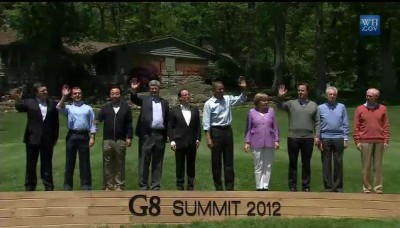 Welcome to the first post in the Sustainable Energy without the Hot Air – A New Zealand Perspective series. Today we’ll be going through the figures of our current energy use. This helps us get a baseline of consumption to aim towards, and lets us explore the difficulties in calculating per capita energy use. For the background to the work, please visit yesterday’s post here.
Welcome to the first post in the Sustainable Energy without the Hot Air – A New Zealand Perspective series. Today we’ll be going through the figures of our current energy use. This helps us get a baseline of consumption to aim towards, and lets us explore the difficulties in calculating per capita energy use. For the background to the work, please visit yesterday’s post here.
Before we begin, we should note the following:
We follow MacKay’s example in presenting all energy data in kWh/day/person. McKay’s motivation for this was that kilowatt hours are energy consumption units that most of us are familiar with from our monthly electricity invoices. To give you an understanding of the numbers, one 40W lightbulb consumes 40W per hour, or ~1000W hours (1kWh) a day. Most toasters are rated to 1kW, so running one of these for an hour will take 1kWh of power. A petrol car driving 100km will use, on average, 7 to 9 litres of petrol, which is the equivalent of 70-90 kWh of energy (one litre contains ~10 kWh). If interested, read McKay’s chapter on his reasoning and methodology here: [8z7lwjg]
All of the reference links (like the one above) are tinyURL codes. Eg the EECA library will be [ydtzb5v]). We’ve done this to maintain the same format as McKay. Most are hyperlinked but if not, type in tinyurl.com/(whatever the code).
The sources that we’ve used are noted at the end of this post, as well as our contact details and a link to the spreadsheet that we’ve used for all of our calculations. OK! With that housekeeping out of the way, lets get into it!
The big question that is continually asked about renewable energy is: Can NZ live with renewable energy only?
Continue reading “Sustainable energy NZ #1 – can we live on renewables only?”

 The
The  “Will we look into the eyes of our children and confess that we had the opportunity, but lacked the courage? That we had the technology, but lacked the vision?” These words preface the report
“Will we look into the eyes of our children and confess that we had the opportunity, but lacked the courage? That we had the technology, but lacked the vision?” These words preface the report  The section of the recent G8
The section of the recent G8